Domestic Abuse or Intimate Partner Violence
1. What are some signs/symptoms of being in an emotionally abusive relationship?
In an emotionally abusive relationship, the abuser constantly berates the other, may threaten and intimidate, while at the same time, blaming the other for the abuse. The most toxic part of an emotionally abusive relationship is the psychological manipulation, also known as "gas lighting", whereby the victim begins to question and doubt his/her own experiences of reality - their perceptions, memory and at times their sanity. This leads to feelings of low self-worth, difficulty trusting their instincts, self-blame, and poor boundaries - and makes them susceptible to repeating their mistake - i.e., getting into another abusive relationship.
2. Can A TOXIC, EMOTIONALLY ABUSIVE RELATIONSHIP CAUSE PTSD (Post-Traumatic Stress Disorder)?
In extreme cases of emotionally abusive relationships where the victim was under the total power and control of the abuser over a long period of time, the victim may exhibit symptoms of PTSD such as intrusive images and thoughts of the abuse, avoidance of certain places or people that remind her/him of the abuse, hyper-vigilance, sleep disturbances, and difficulty concentrating, distorted negative self-beliefs of self and others (such as "I am unworthy of love" or "It was my fault") and feelings of shame. Although one cannot get an official diagnosis of PTSD, unless there was a specific traumatic event where they feared for their own or another's safety/life, it is fairly common to develop the symptoms of PTSD from being in toxic relationships, especially if they have a history of abuse since childhood.
3. How can one heal after an abusive relationship?
The most important part of healing from abusive relationships is to form healthy and supportive relationships (with friends and family) where they begin to feel validated and start regaining their sense of trust of self and others, thereby slowly undoing the corrosive effects of the past relationship. This can also be done in therapy (either in individual therapy or in group). Group therapy helps to normalize their experiences with peer support and validation, undoing their feelings of aloneness and shame about having been in an abusive relationship. It is important to acknowledge the harmful effects of past abusive relationships, and to work on resolving them, otherwise there is a high likelihood to go from one abusive relationship to another.
I specialize in treating survivors of Domestic Abuse and Intimate Partner Abuse. Here’s an article on Domestic Violence, Issues of Gender and the Family Court. Contact me now to schedule your complimentary in-person initial consultation to learn how you can heal from your abusive past.

